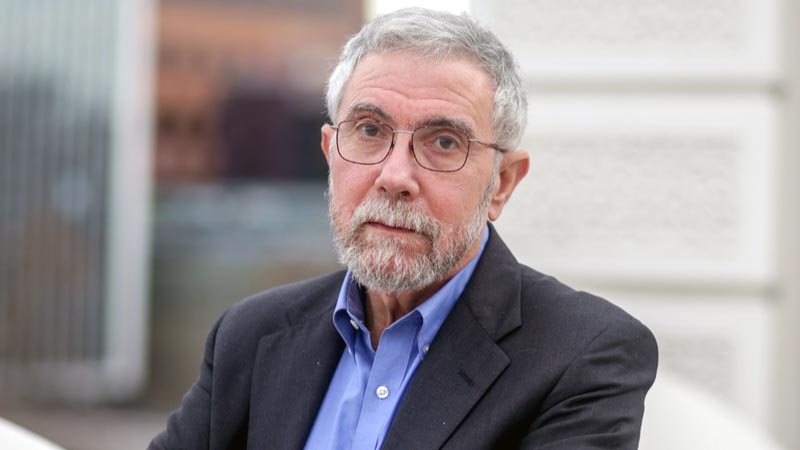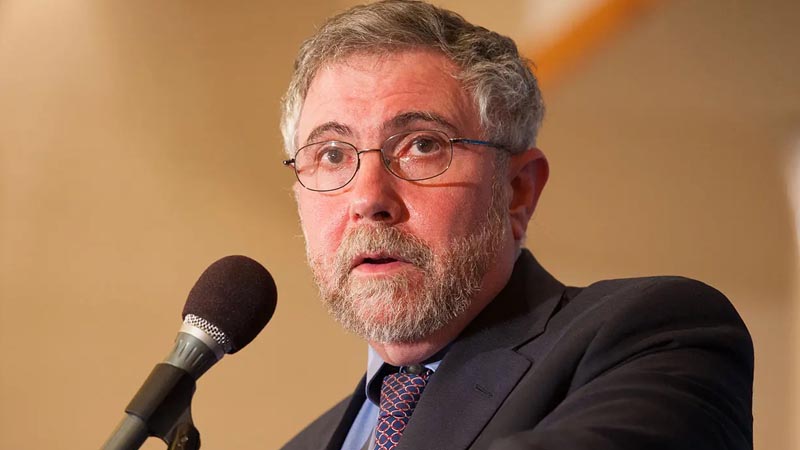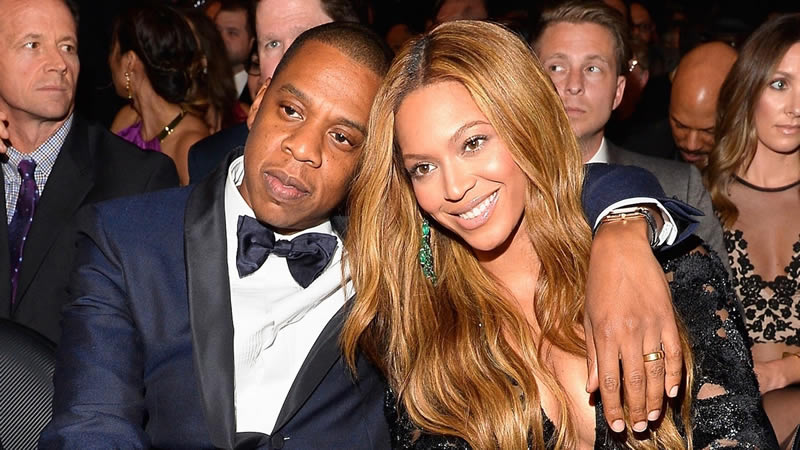“All the Money in the World Can’t Buy You Love”: Paul Krugman’s Farewell

(Ảnh: NYT)
Famed New York Times columnist and Nobel Prize-winning economist Paul Krugman bid farewell in his final piece for the paper on Tuesday, reflecting on a world that has veered far from the optimism of 25 years ago. In his somber yet hopeful farewell, Krugman shared his views on how trust, leadership, and society have unraveled over the years.
“What strikes me, looking back, is how optimistic many people, both here and in much of the Western world, were back then and the extent to which that optimism has been replaced by anger and resentment,” he wrote as he officially retired from the Times.
Krugman highlighted how, at the turn of the millennium, there was a sense of satisfaction and excitement for the future. However, he argued that the 2000 election was a turning point. “Many Americans took peace and prosperity for granted, so they voted for the guy who seemed as if he’d be more fun to hang out with.”
He posed the question many have asked over the years: “Why did this optimism curdle?” According to Krugman, it stems from a collapse in trust toward elites. “The public no longer has faith that the people running things know what they’re doing, or that we can assume that they’re being honest,” he wrote.

Krugman recalled the disbelief many Americans felt in 2002 at the idea of an American president pursuing “fraudulent reasons to invade Iraq.” He remarked bitterly, “Who would say that now?”He also cited the 2008 financial crisis as another blow to public trust. “The financial crisis of 2008 undermined any faith the public had that government knew how to manage economies,” he explained.
However, Krugman reserved his sharpest critique for America’s wealthiest individuals. “Some of the most resentful people in America right now seem to be angry billionaires,” he observed. “Basically it comes down to the pettiness of plutocrats who used to bask in public approval and are now discovering that all the money in the world can’t buy you love.”
Despite his grim outlook, Krugman ended with a glimmer of hope. “While resentment can put bad people in power, in the long run, it can’t keep them there,” he predicted. He expressed faith that the public will eventually hold those in power accountable, recognizing that politicians railing against “elites” are often elites themselves.
“When that happens,” Krugman concluded, “the public may be willing to listen to people who don’t try to argue from authority, don’t make false promises, but do try to tell the truth as best they can.” Krugman’s farewell marks the end of a 25-year era but leaves readers with the belief that truth and accountability may yet have their day.


